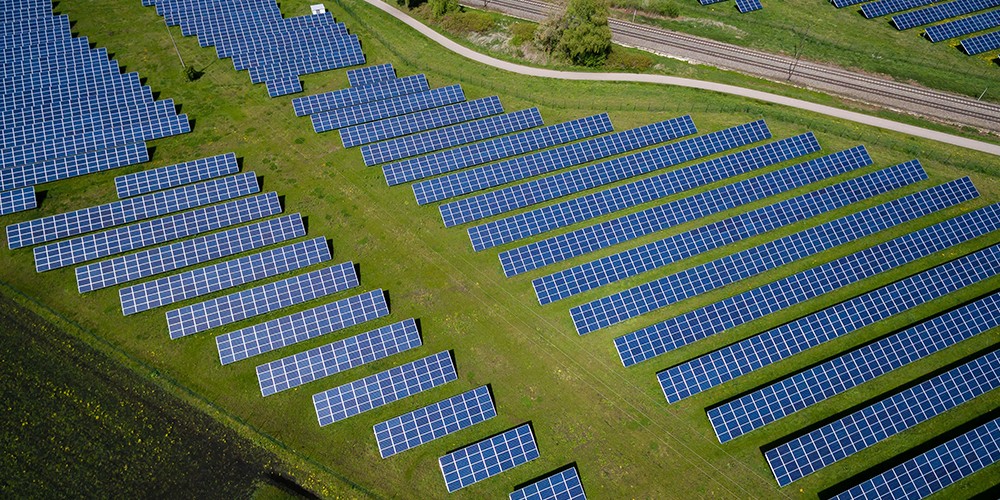The impact of Covid-19 on infrastructure companies is severe. At first, governments rightly focused on healthcare and supporting vulnerable citizens. Attention is turning to how economies will recover. The recovery will take place against the backdrop of depressed fossil fuel prices and constrained budgets. These threaten the transition to green infrastructure at a critical juncture. This decade must see the energy transition accelerate to avoid an even more devastating crisis from climate change.
The European Bank for Reconstruction and Development is responding quickly to meet the most urgent needs of clients, ensuring that the recovery leads to a decisive and enduring tilt to green.
At the heart of this response is the vital infrastructure support programme. This provides short-term liquidity as well as capital investment to preserve the stable provision and green agenda of essential services: electricity, water, waste management and sanitation, and public transport.
Since its launch in April, the VISP has provided financing for a range of municipal and national utilities, linking short-term crisis support with longer-term green objectives. Recently approved financing for energy utilities in Greece and Kazakhstan, for example, are directly linked to decarbonisation efforts.
Alongside the VISP, the EBRD is intensifying its efforts in key areas to deliver the green transition, notably the scaling-up of investment in renewable energy and in its innovative Green Cities programme.
To support the energy transition, the EBRD is increasing investment and policy engagement to draw in private sector investment. For example, with the EBRD’s support, Albania recently conducted a successful auction for renewable energy projects that attracted the lowest price for solar photovoltaics seen in the Western Balkans. This signals that the shift to renewables is possible, cost-effective and can attract foreign investment.
As part of this strategy, the EBRD is supporting state-owned enterprises, which are often critical for the functioning of renewable energy markets. The financial stability of these entities is essential in enabling private sector investment in green energy.
Cities play a key role in the transition to low-carbon economies and, given that 60% of population in the EBRD region lives in cities, they are central to tackling the Covid-19 crisis. The EBRD is adjusting the methodology for its Green Cities programme to embed smart city solutions in crisis response.
There is increased focus on e-mobility, as cities seek to maintain air quality gains from the lockdown. Green infrastructure investments are continuing despite the Covid-19 crisis, with new urban transport projects initiated recently in Georgia, Poland and Turkey.
In addition, the EBRD recently unveiled an ambitious plan to devote more than 50% of annual investments to the green economy by 2025. This update of the Green Economy Transition, known as GET2.1, forms part of the EBRD’s overall strategy for the next five years and will become effective on condition that shareholders give approval in October.
The challenges posed by Covid-19 are enormous. The EBRD is supporting clients through this crisis while keeping our focus on a green recovery, financing the infrastructure for the world we wish to inhabit when this storm passes.
Nandita Parshad is Managing Director of the Sustainable Infrastructure Group at the European Bank for Reconstruction and Development. This article originally appeared in Global Public Investor 2020. For more on environmental, social and governance themes, read about OMFIF’s newly launched Sustainable Policy Institute.
